The Tipping Point How Little Things Can Make a Big Difference
This document discusses Malcolm Gladwell's concept of the Tipping Point, highlighting how small actions can lead to significant change. It provides insights into social psychology, contagion, and causation. Ideal for individuals exploring the impact of small factors in larger contexts.
Edit, Download, and Sign the The Tipping Point How Little Things Can Make a Big Difference
Form
eSign
Add Annotation
Share Form
How do I fill this out?
To fill out this document, first read through the provided instructions carefully. Identify the specific sections that apply to your situation and gather the necessary information. Finally, complete each section accurately and review your entries before submission.
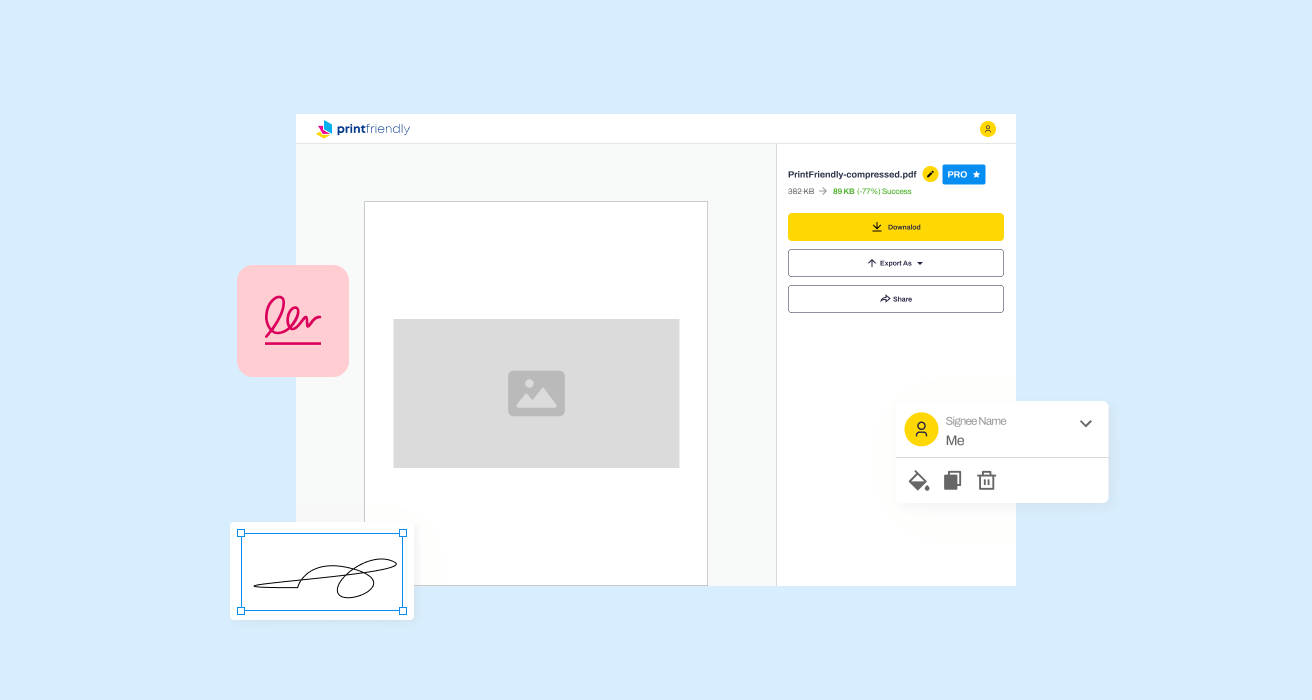
How to fill out the The Tipping Point How Little Things Can Make a Big Difference?
1
Read through the document thoroughly.
2
Identify the relevant sections for your needs.
3
Gather all required information beforehand.
4
Complete each section with accurate details.
5
Review your entries before final submission.
Who needs the The Tipping Point How Little Things Can Make a Big Difference?
1
Students studying social psychology need this file to understand key concepts about influence and behavior.
2
Researchers interested in social dynamics can benefit from the insights presented in this document.
3
Business professionals looking to apply behavioral strategies in marketing and management would find this useful.
4
Educators teaching psychology or marketing may use this material as a case study.
5
Anyone interested in the mechanisms of social change would gain valuable knowledge from this document.
How PrintFriendly Works
At PrintFriendly.com, you can edit, sign, share, and download the The Tipping Point How Little Things Can Make a Big Difference along with hundreds of thousands of other documents. Our platform helps you seamlessly edit PDFs and other documents online. You can edit our large library of pre-existing files and upload your own documents. Managing PDFs has never been easier.

Edit your The Tipping Point How Little Things Can Make a Big Difference online.
Editing this PDF on PrintFriendly is a seamless experience. Users can easily modify text, add annotations, and adjust formatting to fit their needs. The intuitive interface ensures that anyone can make changes without hassle.

Add your legally-binding signature.
Signing the PDF on PrintFriendly is quick and efficient. Users can upload a scanned signature and place it anywhere in the document with just a couple of clicks. This feature makes it easy to add a personal touch to professional documents.
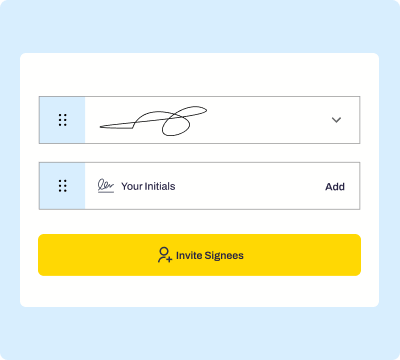
Share your form instantly.
Sharing this PDF on PrintFriendly is very simple. Users just need to click the share button to generate a link that can be sent via email or social media. This allows for easy distribution and collaboration among colleagues or classmates.
How do I edit the The Tipping Point How Little Things Can Make a Big Difference online?
Editing this PDF on PrintFriendly is a seamless experience. Users can easily modify text, add annotations, and adjust formatting to fit their needs. The intuitive interface ensures that anyone can make changes without hassle.
1
Open the PDF document on PrintFriendly.
2
Navigate to the section you wish to edit.
3
Use the editing tools to modify text as needed.
4
Save your changes and review the document.
5
Download the edited version for your records.

What are the instructions for submitting this form?
To submit this form, complete all required fields with accurate information. Ensure your email is valid so that we can follow up on your feedback. Once you have filled out the form, click the submit button to complete the process.
What are the important dates for this form in 2024 and 2025?
Important dates related to the content of this file span various publication and academic review timelines, primarily in 2024 and 2025. Key dates include critical academic conferences scheduled for late 2024, where interventions based on the principles of social psychology will be discussed. Additionally, notable anniversaries of the publication of related works may arise, highlighting the continued relevance of these concepts.
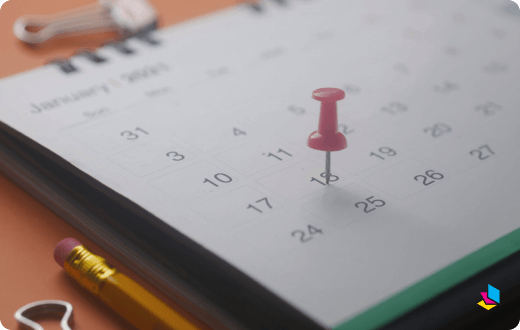
What is the purpose of this form?
The purpose of this form is to facilitate better understanding and application of the concepts presented in The Tipping Point. By collecting information and responses from users, the form aims to enhance the way individuals grasp the dynamics of social change. Ultimately, it serves as a tool for learning and application in both academic and practical scenarios.
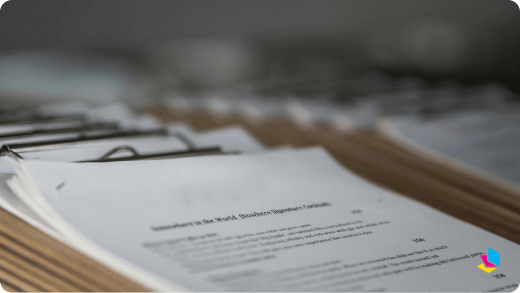
Tell me about this form and its components and fields line-by-line.

- 1. Name: The full name of the individual filling out the form.
- 2. Email: A valid email address for correspondence.
- 3. Feedback: General comments or insights related to the content.
What happens if I fail to submit this form?
If you fail to submit this form, your responses will not be saved. This means that you may miss out on providing valuable feedback that could enhance future iterations of the content. It is important to ensure all required fields are completed before final submission.
- Missing Information: Inadequate completion of form fields could lead to missing feedback.
- Delayed Processing: Failure to submit may delay the overall processing of responses.
- Lack of Contribution: Your insights will not be included in the collective feedback if not submitted.
How do I know when to use this form?

- 1. Feedback Collection: To gather thoughts and insights from users regarding the content.
- 2. Academic Research: To compile data related to the book’s impact on social psychology.
- 3. Discussion Forums: For sharing knowledge and perspectives during group discussions.
Frequently Asked Questions
Can I edit the Tipping Point PDF?
Yes, you can edit the Tipping Point PDF easily on PrintFriendly using our intuitive editing tools.
How do I sign the PDF document?
You can add your signature by uploading a scanned image and placing it directly onto the PDF.
Is it possible to share this PDF with others?
Absolutely! You can generate a shareable link to the PDF and distribute it as you wish.
How can I download the edited PDF?
Once you finish editing, simply click the download button to save the finalized document.
Are there any limits to the editing features?
Our editing features are designed to be comprehensive, allowing for a wide range of modifications.
Can I print the PDF after editing?
Yes, after editing, you can print the PDF directly from PrintFriendly.
What tools are available for editing this PDF?
You have access to text editing, annotation, and formatting tools to customize your document.
Is the Tipping Point PDF free to edit?
Yes, you can edit the Tipping Point PDF for free on our platform.
What formats can I share the PDF in?
You can share the PDF through email and social media platforms with ease.
Can I collaborate with others on this PDF?
Yes, sharing the PDF link allows for easy collaboration and feedback.
Related Documents - Tipping Point
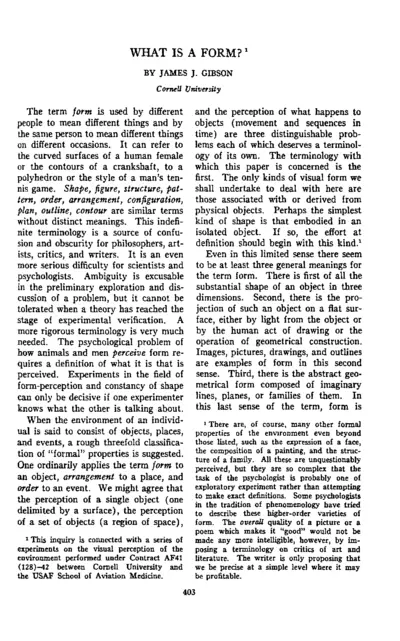
Understanding Form and Form-Perception by James J. Gibson
This document explores various definitions and theories of form, emphasizing the need for precise terminology. It delves into experiments related to the visual perception of form, distinguishing between solid and surface forms. The text critiques traditional views and presents new perspectives on form-perception.
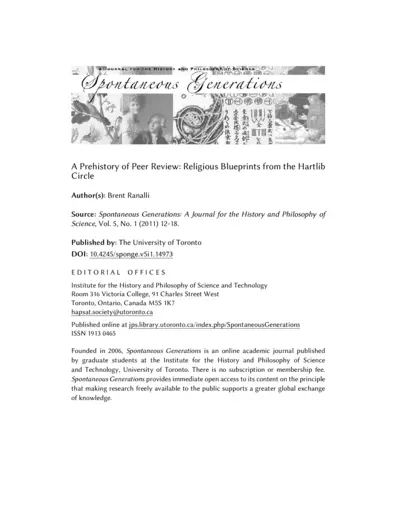
Prehistory of Peer Review: Religious Blueprints
This file explores the origins and development of peer review in science, tracing its roots to religious scholars in the Hartlib circle. It discusses the influence of the Royal Society of London and other early scientific organizations. The content is based on extensive historical research and analysis.
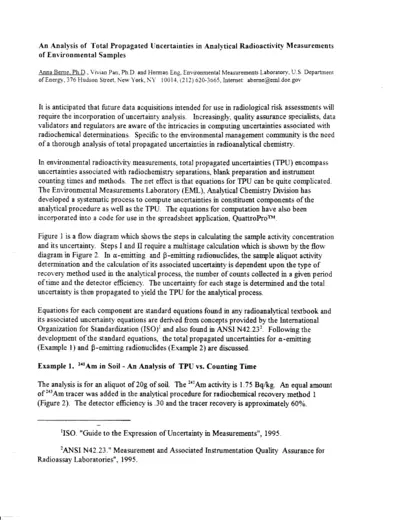
Analysis of Uncertainties in Radioactivity Measurements
This document discusses the uncertainties in analytical radioactivity measurements of environmental samples. It includes detailed equations and methods for calculating total propagated uncertainties. Useful for quality assurance specialists, data validators, and radiochemical analysts.
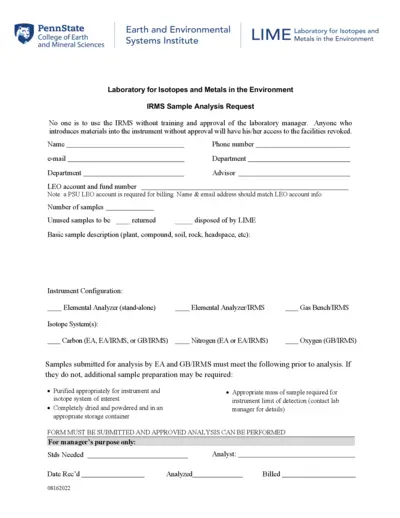
IRMS Sample Analysis Request Form Guidelines
This file contains instructions and details about the IRMS Sample Analysis Request Form. It is used to request sample analysis in the Laboratory for Isotopes and Metals in the Environment. Ensure you have the required approvals before using the IRMS.
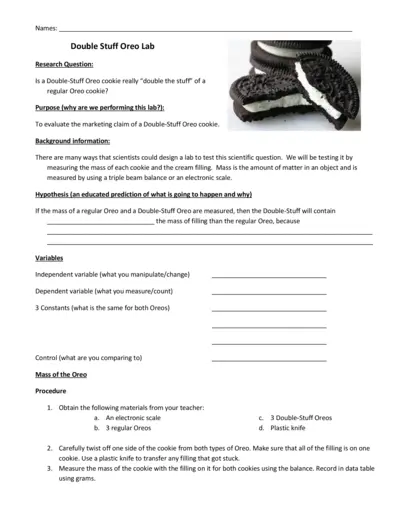
Double Stuff Oreo Cookie Science Experiment
This file contains details and instructions for conducting a science experiment to evaluate the marketing claim of Double-Stuff Oreo cookies. Users will measure the mass of regular and Double-Stuff Oreo cookies along with their fillings. It guides users through the process of data collection, calculation, and analysis using the scientific method.
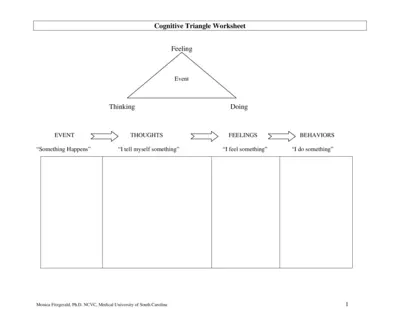
Cognitive Triangle Worksheet Instructions and Details
This file provides an overview and detailed instructions on how to use the Cognitive Triangle Worksheet. It helps users understand the relationship between their thoughts, feelings, and behaviors. Perfect for those interested in cognitive-behavioral strategies.

Engaging Doctor Pretend Play Printables for Kids
Transform playtime with free doctor pretend play printables designed for kids. These fun tools foster creativity and learning through imaginative play. Perfect for children from toddlers to first graders.
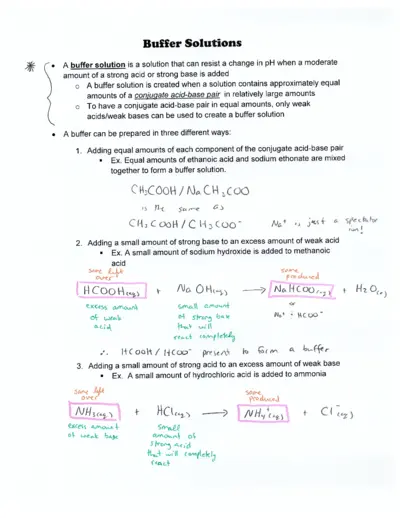
Buffer Solutions: Understanding Their Functionality
This file provides comprehensive insights into buffer solutions, including their preparation and pH resistance mechanisms. Ideal for chemistry students and professionals seeking to understand buffer systems. Practice problems included for hands-on learning.
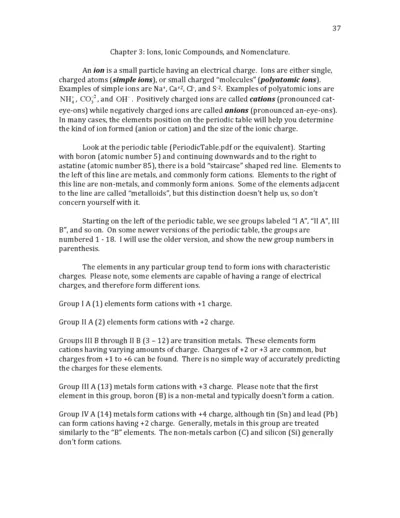
Ions and Ionic Compounds: Understanding Nomenclature
This file provides a comprehensive overview of ions, including their types, charges, and nomenclature rules. It covers essential details such as simple and polyatomic ions, and how to name them correctly. Perfect for students and professionals looking to deepen their understanding of ionic compounds.
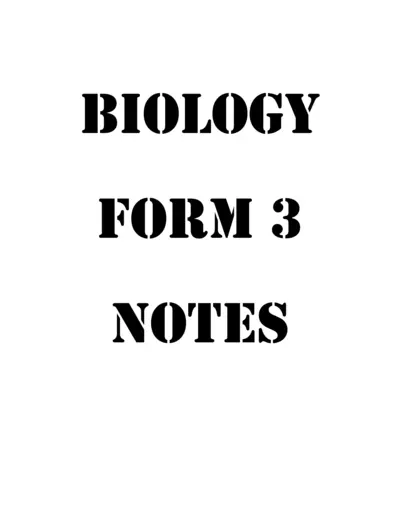
Biology Form 3 Notes and Instructions
This file contains detailed biology notes for Form 3 students. It covers essential topics such as organism classification and characteristics of various kingdoms. Perfect for studying and exam preparation.
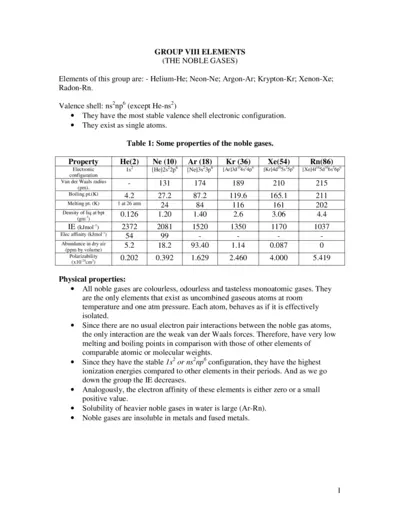
Noble Gases Properties and Chemical Behavior
This document provides a comprehensive overview of the noble gases, their properties, and chemical behaviors. It includes information on individual gases, their electronic configurations, and compound formations. Ideal for students and professionals in chemistry.
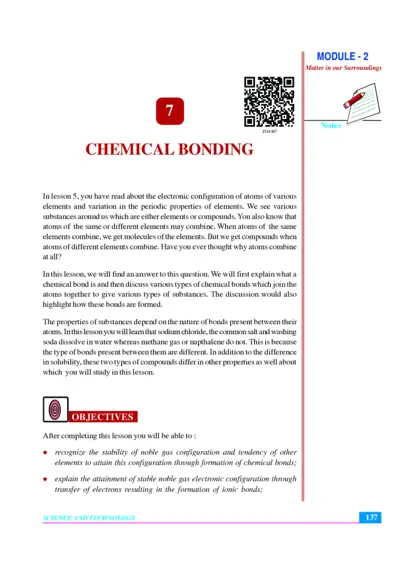
Chemical Bonding and Matter in Our Surroundings
This file provides detailed insights into chemical bonding, including ionic and covalent bonds. It covers the principles of matter in our surroundings and the electronic configurations of elements. Ideal for students and educators in chemistry to enhance their understanding.